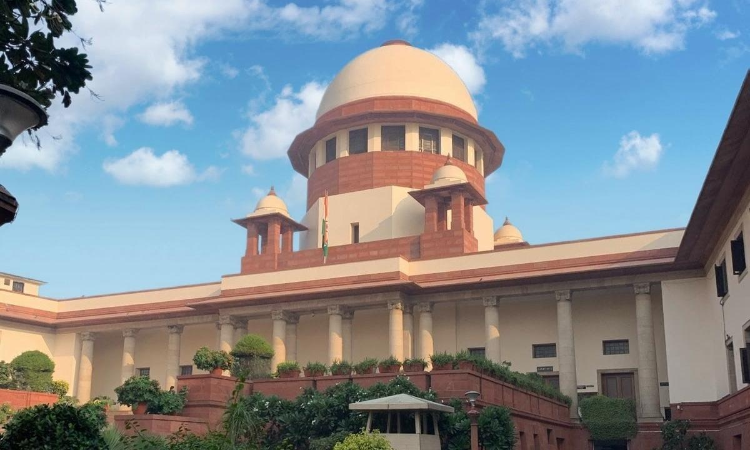Supreme Court Overrules 1983 Judgment Which Held That Vacancies Arising Before Amendments Will Be Governed By Old Rules
Ashok KM
20 May 2022 7:30 PM IST

Next Story
20 May 2022 7:30 PM IST
The Supreme Court held that the conditions of service of a public servant, including matters of promotion and seniority, are governed by the extant rules.The three judge bench headed by Justice Uday Umesh Lalit overruled its judgment in Y.V. Rangaiah v. J. Sreenivasa Rao which held that the appointments to the public posts that fell vacant prior to the amendment of the Rules would be governed...
